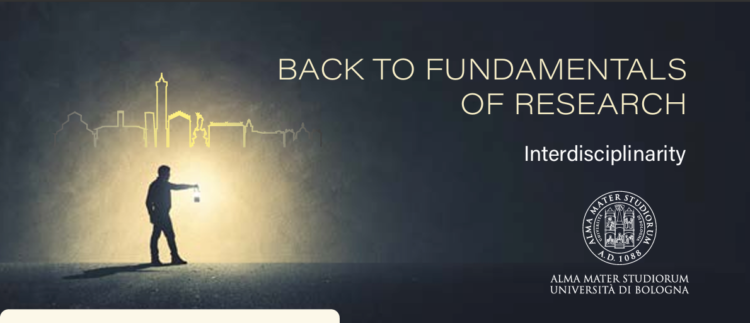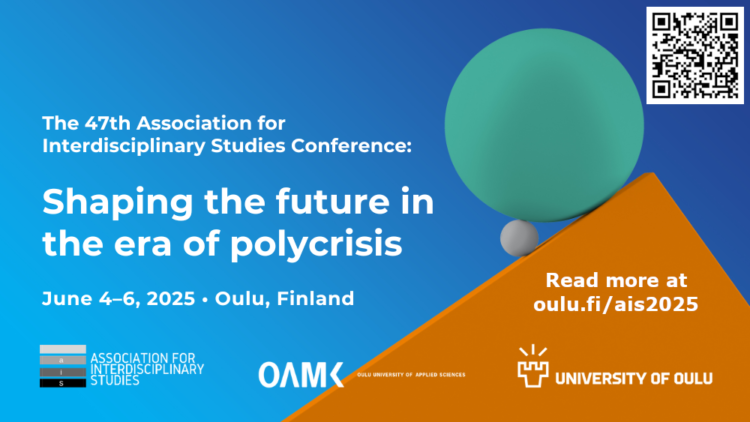SHAPE-ID member Prof Catherine Lyall was a keynote speaker at the University of Bologna's international…
First SHAPE-ID Remote Learning Case Workshop Takes Place
We were delighted to continue our SHAPE-ID learning case workshop series after a long delay with our first virtual workshop held on 10-11 September. This was originally due to take place in person in Zurich in May but was postponed due to Covid-19 travel restrictions. Partners in ETH Zurich have been working tirelessly over the summer to redesign the workshop for the new format and the workshop was a very successful re-start. Co-organised with td-net, the Network for Transdisciplnary Research of the Swiss Academies of Arts and Sciences, the workshop brought together participants from across the world to explore how the Arts and Humanities can be fruitfully included in inter- and transdisciplinary research and funding programmes to address societal challenges. In particular, the workshop set out to explore the most suitable criteria, tools and strategies for achieving that aim.
On Day 1, Professor Gabriele Bammer from the Australian National University presented an overview of the challenge of integration, with a particular focus on the concept of integration and how it can be a means to Arts and Humanities participation in inter- and transdisciplinary research. In addition to exploring the ways this can happen, with examples from the i2insights blog she curates, Professor Bammer highlighted the limits of integration and the need to acknowledge those unknowns and outliers that cannot be neatly integrated. Following this, participants joined breakout rooms to experience several different integration tools – some derived from the td-net toolbox and others the result of innovative collaborations with curators, artists and writers, designed to explore together the potential of artist-led methods.
On Day 2, the focus turned to the practical challenges of increasing Arts and Humanities involvement in inter- and transdisciplinary research. Dr Joël Graf from Euresearch, the Swiss National Contact Point for Horizon 2020, presented on the funding landscape in Europe. Professor Catherine Lyall and Dr Isabel Fletcher, SHAPE-ID partners from the University of Edinburgh, then facilitated a co-design session to learn from participants what might be useful features of the SHAPE-ID toolkit now being developed, which seeks to improve pathways to Arts, Humanities and Social Sciences integration for a variety of stakeholders.

We will publish some insights from the workshop in a blog post soon (you can follow us on Twitter and Facebook) and do sign up for our mailing list at https://www.shapeid.eu/contact/ if you’d like to receive our newsletter. In the meantime, check out our intermediate working paper presenting insights from the first three workshops held in December 2019 and January and February 2020. A full analysis of the workshop series will be available by the end of the year.





